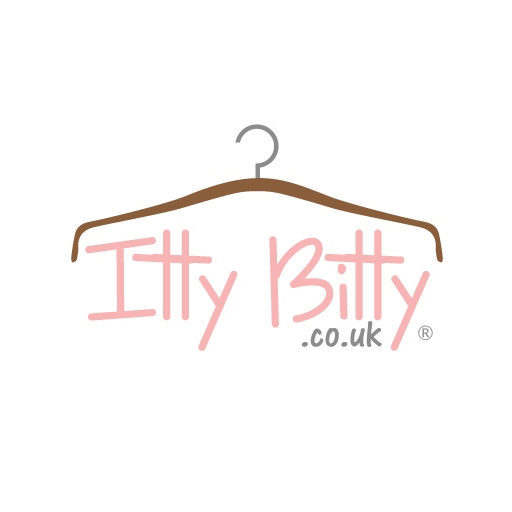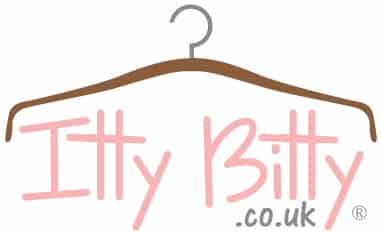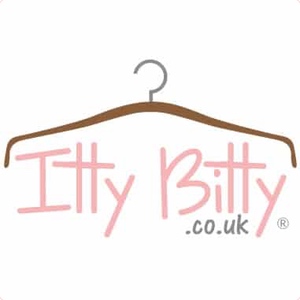The Pure Choice: Exploring the Benefits of Organic Newborn Clothes
Welcoming a newborn into the world is a joyous occasion, and ensuring their comfort and well-being is a top priority for parents. One decision that can significantly impact a baby’s early days is the choice of clothing. In recent years, there has been a growing interest in organic newborn clothes, and for good reason. Let’s delve into the benefits of choosing organic garments for your little one.
Gentle on Delicate Skin
Newborns have sensitive and delicate skin that is more susceptible to irritation. Organic newborn clothes are crafted from natural fibers, free from harsh chemicals, pesticides, and synthetic dyes. This reduces the risk of skin allergies, rashes, and discomfort, providing a gentle and nurturing experience for your baby’s skin.
Breathable and Comfortable
Organic fabrics such as organic cotton and bamboo are known for their breathability. They allow air circulation, helping to regulate your baby’s body temperature and prevent overheating. This feature is especially crucial for newborns who may have difficulty regulating their own body temperature in the early months.
Chemical-Free Production
Conventional clothing production often involves the use of pesticides, herbicides, and synthetic chemicals. Organic newborn clothes, on the other hand, are produced using environmentally friendly and sustainable methods. This not only reduces the environmental impact but also ensures that no harmful residues are present in the clothing that could come into contact with your baby’s skin.
Soft and Non-Irritating
The softness of organic fabrics is unmatched, providing a cozy and comfortable feel for your newborn. The absence of synthetic additives means that the clothes are less likely to cause itching or irritation, allowing your baby to move and sleep comfortably in their organic attire.
Eco-Friendly Choice
Opting for organic newborn clothes aligns with eco-conscious parenting. Organic farming methods prioritize soil health, water conservation, and biodiversity. By choosing organic, you contribute to a more sustainable and environmentally friendly approach to clothing production, leaving a positive impact on the planet for your child’s future.
Durable and Long-Lasting
Organic fabrics are often more durable than their conventional counterparts. The high-quality materials used in organic newborn clothes can withstand frequent washing and maintain their integrity over time. This durability not only benefits your baby but also allows for the possibility of passing down these cherished garments to future siblings.
Supporting Ethical Practices
Many brands that produce organic newborn clothes adhere to ethical and fair labor practices. Choosing such brands ensures that the individuals involved in the production process are treated fairly and work in safe conditions. It’s a conscious choice that supports not only your baby’s well-being but also the well-being of those involved in the production chain.
Organic Newborn Clothes: Organic Baby Clothes
The decision to choose organic baby clothes is a thoughtful and nurturing choice for your little one. Beyond the immediate benefits for your baby’s health and comfort, it reflects a commitment to sustainability and ethical practices. As you embark on the beautiful journey of parenthood, the purity and advantages of organic baby clothes make them a choice that aligns with your values and ensures the well-being of your precious bundle.
Organic Baby Clothing
Selecting organic baby clothing is not just a fashion choice; it’s a lifestyle decision that prioritizes the health of your baby and the well-being of the planet. The benefits of organic fabrics extend beyond the nursery, creating a positive impact on the environment and fostering a sense of responsibility towards sustainable living. As you cradle your little one in the softness of organic clothing, you’re not just dressing them – you’re embracing them in the purest essence of nature.
Organic Cotton
Embracing the wonders of organic cotton goes beyond a personal choice; it is a commitment to environmental stewardship and sustainable living. By opting for products made from organic cotton, consumers contribute to a healthier planet, support ethical farming practices, and enjoy the comfort of high-quality textiles. As the demand for sustainable options grows, organic cotton stands tall as a symbol of positive change in the textile industry.
Selecting organic newborn clothes is more than just a fashion choice; it’s a decision that prioritizes your baby’s health, comfort, and the well-being of the planet. The benefits of organic fabrics extend beyond the nursery, creating a positive impact on the environment and fostering a sense of responsibility towards sustainable living. As you embark on the journey of parenthood, choosing organic newborn clothes is a pure and wholesome choice for your little one’s earliest moments.
FAQs
- Are organic newborn clothes more expensive?
- While organic newborn clothes may have a slightly higher upfront cost, their durability often makes them a cost-effective choice in the long run.
- Can I find a variety of styles in organic newborn clothing?
- Yes, there is a wide range of styles and designs available in organic newborn clothing, catering to various tastes and preferences.
- Do organic clothes shrink after washing?
- Organic fabrics are generally pre-shrunk during the manufacturing process. However, it’s advisable to follow care instructions to minimize any potential shrinkage.
- Are there specific certifications for organic baby clothing?
- Look for certifications such as GOTS (Global Organic Textile Standard) or OEKO-TEX Standard 100, which ensure that the clothing meets specific organic and safety standards.
- Can I find organic newborn clothes in local stores?
- Many retailers, both online and in physical stores, offer a selection of organic newborn clothes. It’s becoming increasingly accessible as the demand for organic products grows.


